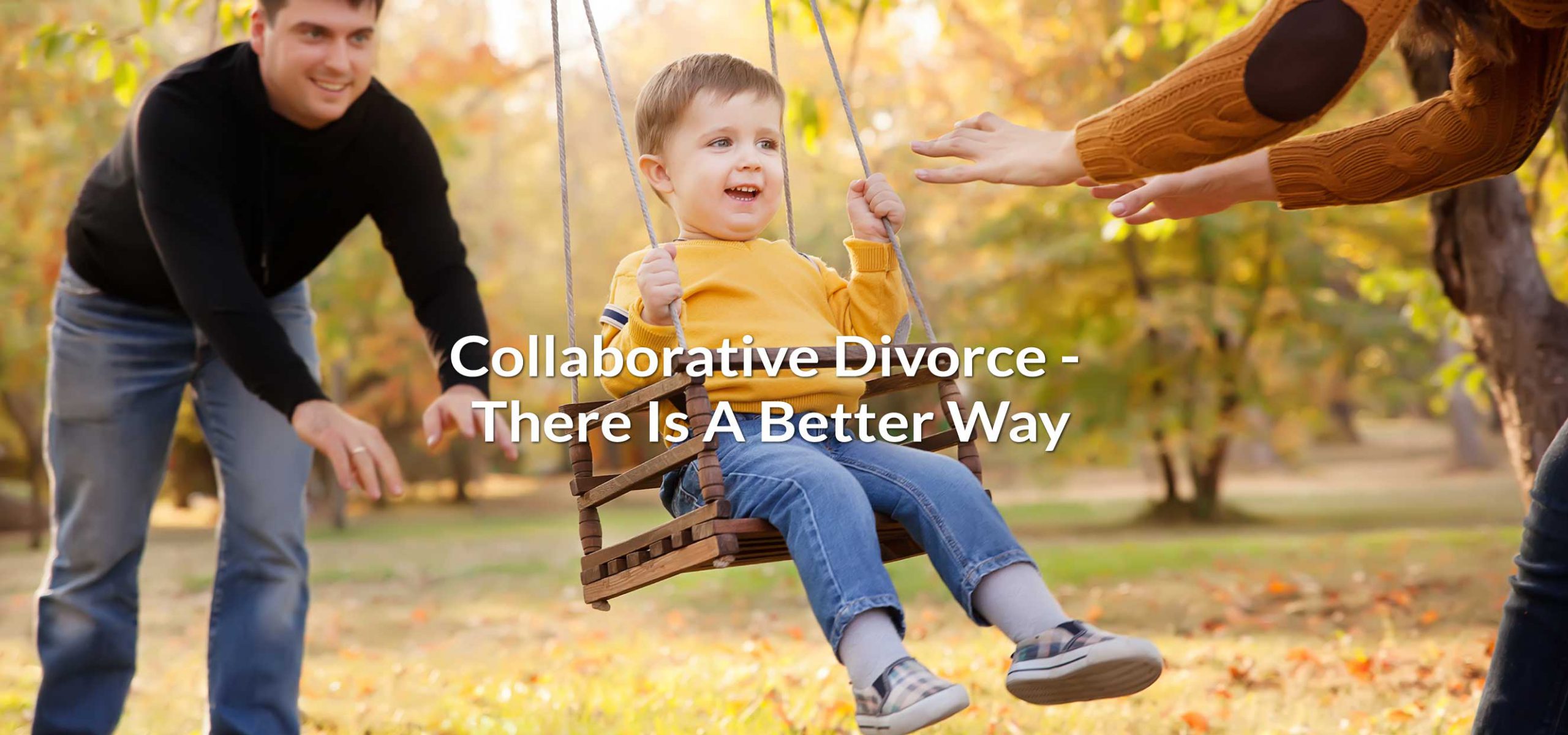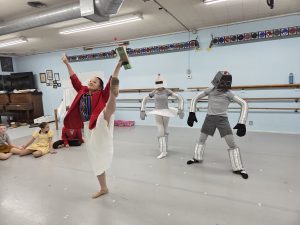Many Americans dream of tying the knot someday. To untie the knot when things get tough is something we never want to happen. But divorce is a very common event. March 6 – 10 marked Divorce With Respect Week (DWRW), an event developed to foster respectful, peaceful and private divorces.
During this period, collaborative divorce professionals provide clients with free 30-minute consultations with a mental health professional, financial advisor, divorce coach, or attorney, to help people avoid the stress of going to court.
“About 50% of couples in Santa Clara and their children will be directly affected by divorce in their lifetimes,” said Melissa Lenon, a Licensed Marriage and Family Therapist and Vice President of Collaborative Practice Silicon Valley. “That divorce ripples through the extended family and friends.”
“DWRW is dedicated to offering families options that are private, out-of-court and promote the well-being of spouses, children and even extended family through the divorce process by reducing conflict,” Lenon continued.
“Unfortunately, the legal system is set up for a ‘winner’ and a ‘loser,’” Lennon explained. “It produces acrimony as one spouse is encouraged to document all the negative behaviors of the other parent and vice versa. It does not produce healthy ways forward.”
“The court system is designed to be adversarial,” Lenon said. “For that reason, it lends itself to more conflict and entrenched spousal positions.”
In contrast to traditional divorce, Lenon says a collaborative divorce is often better for everyone involved.
“Collaborative divorce is a more peaceful and completely private process for resolving family law disputes where the couple work with lawyers, child specialists, mental health professionals and financial coaches to craft their own divorce agreements,” explained Lenon. “Decisions are made by the couple without going to court or involving a judge or other third-party decision maker.
“As a mental health professional, I work on a team of divorce experts in the fields of law, finance and mental health who accompany families through the divorce process to keep them out of court, keep things private and protect their, and their kids’ and extended families’ interests,” Lenon continued.
“Mental health professionals serve in the role of divorce coach, with each spouse having their own divorce coach to help with communication skills, emotional regulation and supporting the client’s interests,” said Lenon. “The coach serves as a guide throughout the divorce process and may stay on board if it meets the spouse’s needs.”
In a collaborative divorce, parents learn to communicate better and more effectively with one another to protect the children from parental conflict.
“The divorce coach is selected by each spouse, so they are able to find a professional that fits them,” added Lenon. “I work with parents as they traverse the divorce path to create more peaceful pathways for their own well-being as well as the children’s.”
“The vision of DWRW is that peaceful processes like collaborative divorce will become the norm and protect spouses and children from the conflict of litigated divorce,” said Lenon.
Lenon says while collaborative divorce is preferred, there is a time and place when the courts need to step in.
The Santa Clara City Council marked Divorce With Respect Week at its March 7 City Council meeting.












0 comments